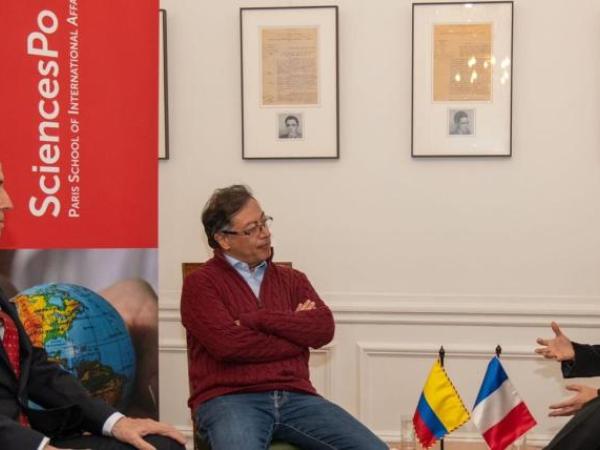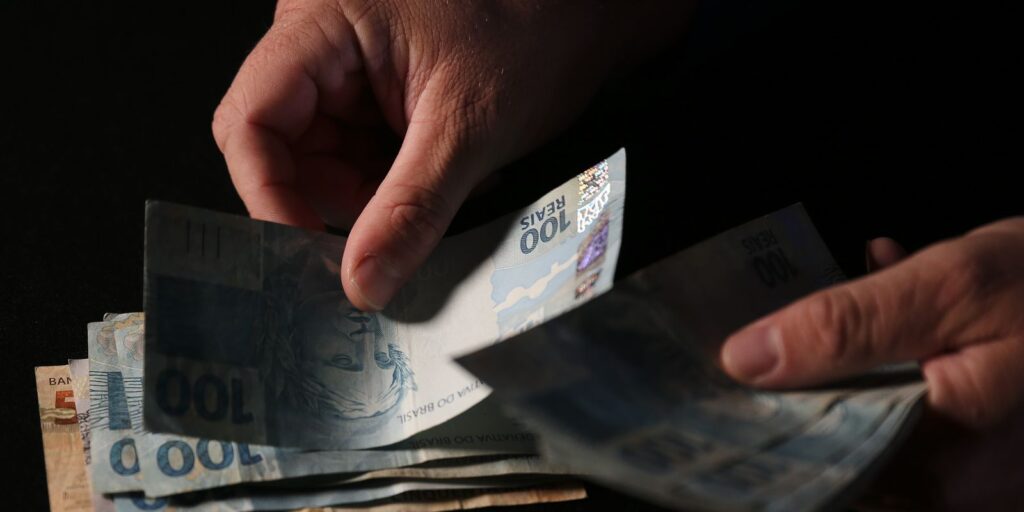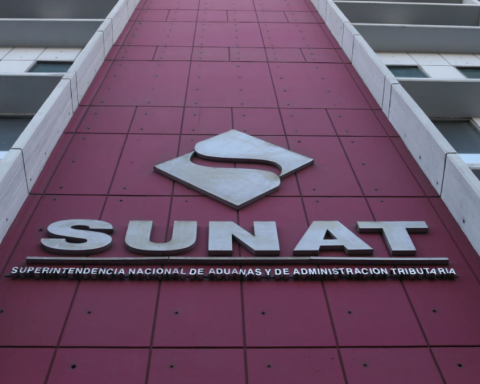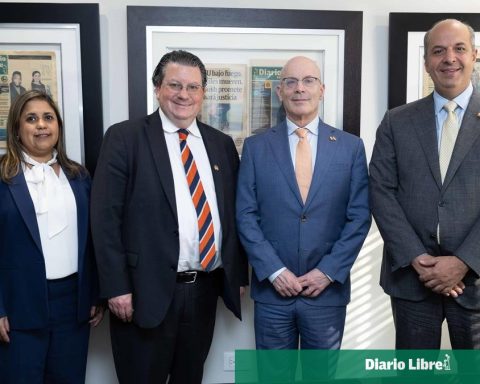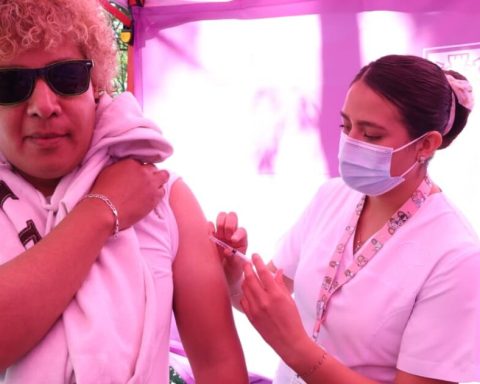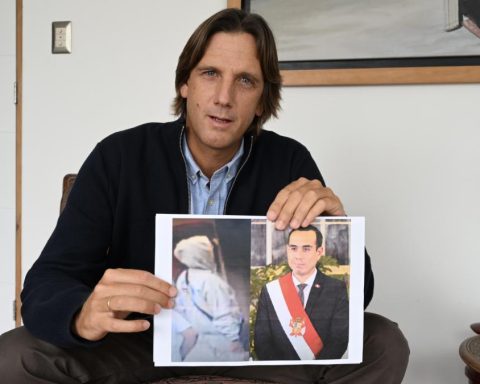The former director of the National Institute of Human Rights (INDH), Sergio Micco, spoke before the Human Rights Commission of the Chamber of Deputies about “the pressures that he would have received during the exercise of his position and that could have affected the autonomy and organismal pluralism.
In his speech, Micco assured that “what you call pressure and what I call an attack on the autonomy and pluralism of the institute, began the very night that I was elected, where it was publicly condemned that I had been elected with the votes of three councilors who critics called right-wing”.
In his opinion, “three months before the call that we called the social crisis of October began, it had literally already been condemned.” Along these lines, he affirmed that the criticisms against him were “unfounded for exclusively ideological and political reasons coming from certain sectors of the left.”
On the other hand, he explained that another “pressure situation occurred four days before after my election on August 3 by a group of people and non-governmental organizations that questioned my election as executive director solely and exclusively because of my idea regarding sexual and reproductive rights”, after stating that abortion is not “a Human Right”.
These “pressures” grew until they “materialized in the form of events, through raids, strikes and defamation campaigns, forming a true political cancellation confirming what I say responsibly through the filing of not only one lawsuit, but several criminal lawsuits that have attempted to seriously manipulate the institute, attacking its autonomy and pluralism”.
“Those who asked for my person’s resignation because of my statements regarding the fact that there were no systematic human rights violations in Chile, serious violations, but not systematic ones,” he assured. “To this day, there is no international report that says so, that there was a concerted plan here to massively attack the civilian population, agreeing to impunity,” he added.
“The autonomy and pluralism of the NHRI are two invaluable assets of any Human Rights institution. Pluralism is expressed in the fact that within the institute and especially in the council and management, all those who adhere to its cause can and must be present, without any discrimination based on considerations of race, culture, ideology, sex, sexual condition,” Micco declared.
It should be remembered that, despite the fact that Sergio Micco’s leadership at the INDH ended on July 29, he resigned 17 days earlier after various criticisms against him for his management after the social outbreak of October 2019. On that occasion, the lawyer he regretted that “I lost the trust of the majority of the council, so it was appropriate to present my resignation from the position.”












